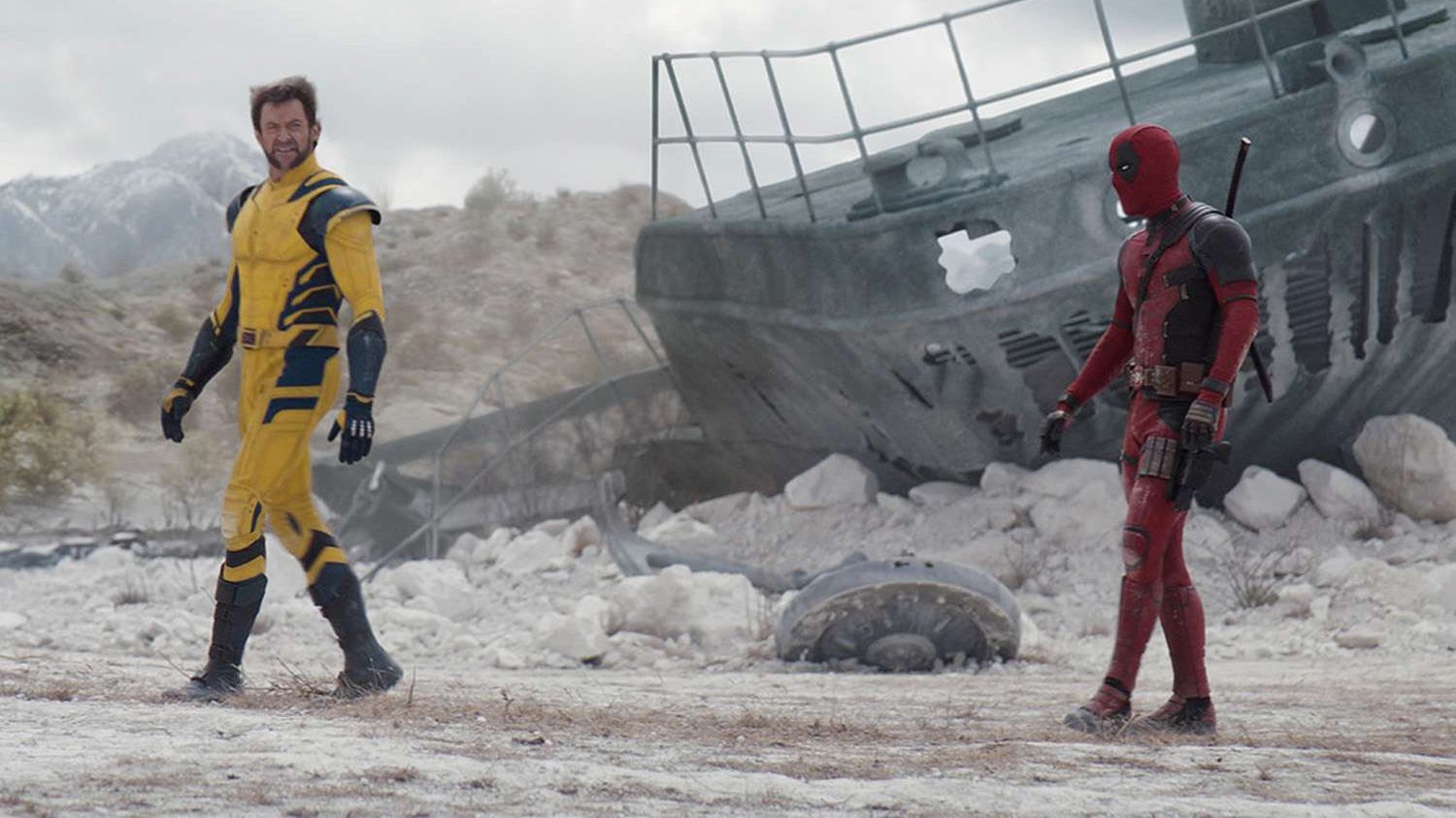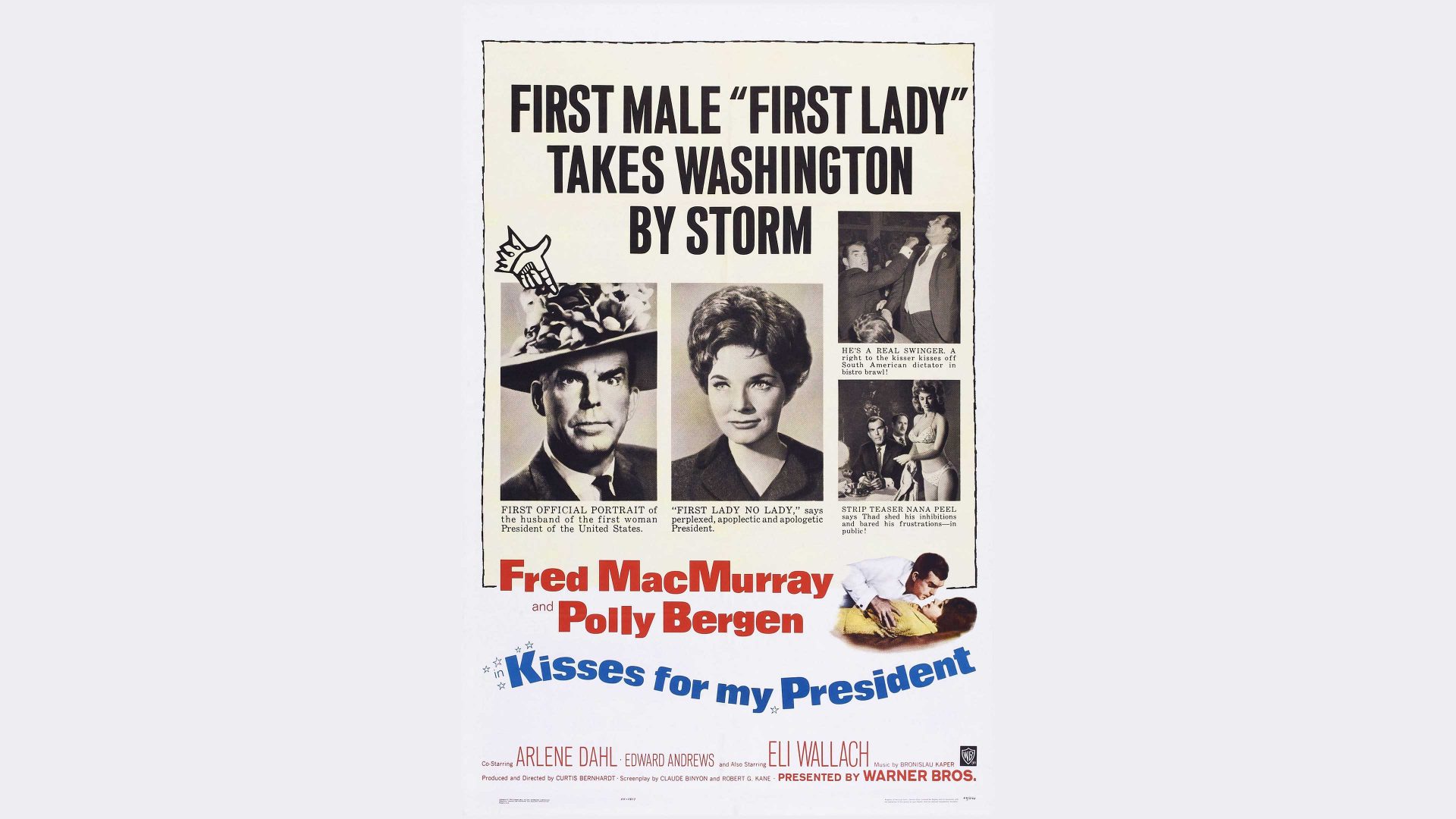PICK OF THE WEEK
DEADPOOL & WOLVERINE
General release
“Welcome to the MCU. You’re joining at a bit of a low point”: thus does Deadpool (Ryan Reynolds) introduce Wolverine (Hugh Jackman) to the Marvel Cinematic Universe.
And it’s true. Since Avengers: Endgame (2019), the mega-franchise that turned cinema upside down, made Martin Scorsese apoplectic and took $30bn at the box office, has been in something of a creative trough. So it is ironic, to say the least, that this return to form should essentially be a riff on corporate mergers, exhausted intellectual property and the vacuous culture of reiteration. Six years after Deadpool 2, we find the “Merc with the Mouth” back in civilian life as Wade Wilson; notionally retired and selling cars, but longing to put the red spandex back on and join the Avengers.
Only now can he make this on-screen application, of course, because the character of Deadpool, like Wolverine and the other X-Men, was bought by Disney (which owns the MCU) when it snapped up 21st Century Fox for $71.3bn in 2019. With me so far? Good.
Rejected by the top superhero team, Wade is kidnapped by the Time Variance Authority (yes, yes, I know), and told by Mr Paradox (Matthew Macfadyen, playing an even camper version of Succession’s Tom Wambsgans) that the universe in which he lives is doomed. And the one man with the chops to save it – Wolverine – died in James Mangold’s excellent Logan (2017).
Naturally, Deadpool’s solution is to hop into another timeline (isn’t the multiverse a handy plot device?) and find a suitable Wolverine. Which, after many disappointments, he does.
This Logan is even grouchier than the others and the costumed duo initially knock seven bells out of each other – only to be despatched to the Void, a sort of comic book purgatory, overseen by Cassandra Nova (Emma Corrin, excellent), who turns out to be the twin sister of X-Men founder, Professor Charles Xavier.
All the in-jokes, Easter eggs and fourth-wall breaches are secondary to the almost vaudevillian violence and wit. Deadpool & Wolverine is hugely entertaining precisely because it revels in the empty-carb, hyper-commercial version of movie-making that it embodies and subverts. By turning the con into a romp, and inviting us to be complicit, it restores fun to the whole enterprise.
STREAMING
STEWART LEE, BASIC LEE:
LIVE AT THE LOWRY
Sky Comedy/NOW
In the age of production-line Netflix comedy specials, it is refreshing to watch a true master at work. With more than 30 years of experience under his belt, Stewart Lee really has no equal on the UK circuit and has ploughed a comic furrow that is uniquely and magnificently his own.
It’s intrinsically funny to say that recent Tory prime ministers have had such short terms of office that writing a joke about Rishi Sunak’s cabinet would be like befriending “a disposable barbecue”. But it’s 10 times funnier when Lee delivers the line in his inimitable, undertaker-on-a-day-in-lieu style.
Who else would link JK Rowling to a “ferret on a motorbike”? Or so brilliantly mock Fleabag (“you can probably remember where you were when you saw the first episode”)? Or insist that he can’t play jazz to his audience because of Brexit?
Even his own more pretentious fans get it in the neck: “He’s a genius – and so am I, because I like him”. Essential viewing.
BOOK
IN MY TIME OF DYING: HOW I CAME FACE TO FACE WITH THE IDEA OF AN AFTERLIFE by Sebastian Junger
4th Estate
In 2020, the acclaimed author and war correspondent Sebastian Junger, having retreated with his family to a cabin in Cape Cod during the pandemic, suffered a rupture from an undiagnosed pancreatic aneurysm – and very nearly died.
As doctors worked furiously to save his life, he saw his late father, Miguel – “not so much a vision as a mass of energy configured in a deeply familiar way” – who reassured him that all was well. “Don’t fight it,” the apparition seemed to say. “I’ll take care of you”.
The first section of this short, brilliant book is a deeply researched account of what was happening to Junger during this medical emergency, written with the pace of a thriller. But then the book shifts gear as, understandably, he seeks to understand what he experienced at the border between life and death; especially as he inherited the rationalist worldview of his father, a scientist who “didn’t believe in anything he couldn’t measure and test”.
Especially good is Junger’s exploration of quantum theory and what it might have to tell us about the nature of life and death. But his inquiries are admirably provisional. “It’s an open question,” he writes, “whether a full and unaverted look at death crushes the human psyche or liberates it”.
Junger remains open to the possibility that his vision may simply have been the consequence of temporal lobe seizures. As for the afterlife? “It’s not remotely likely,” he writes, “but then neither is anything.”




